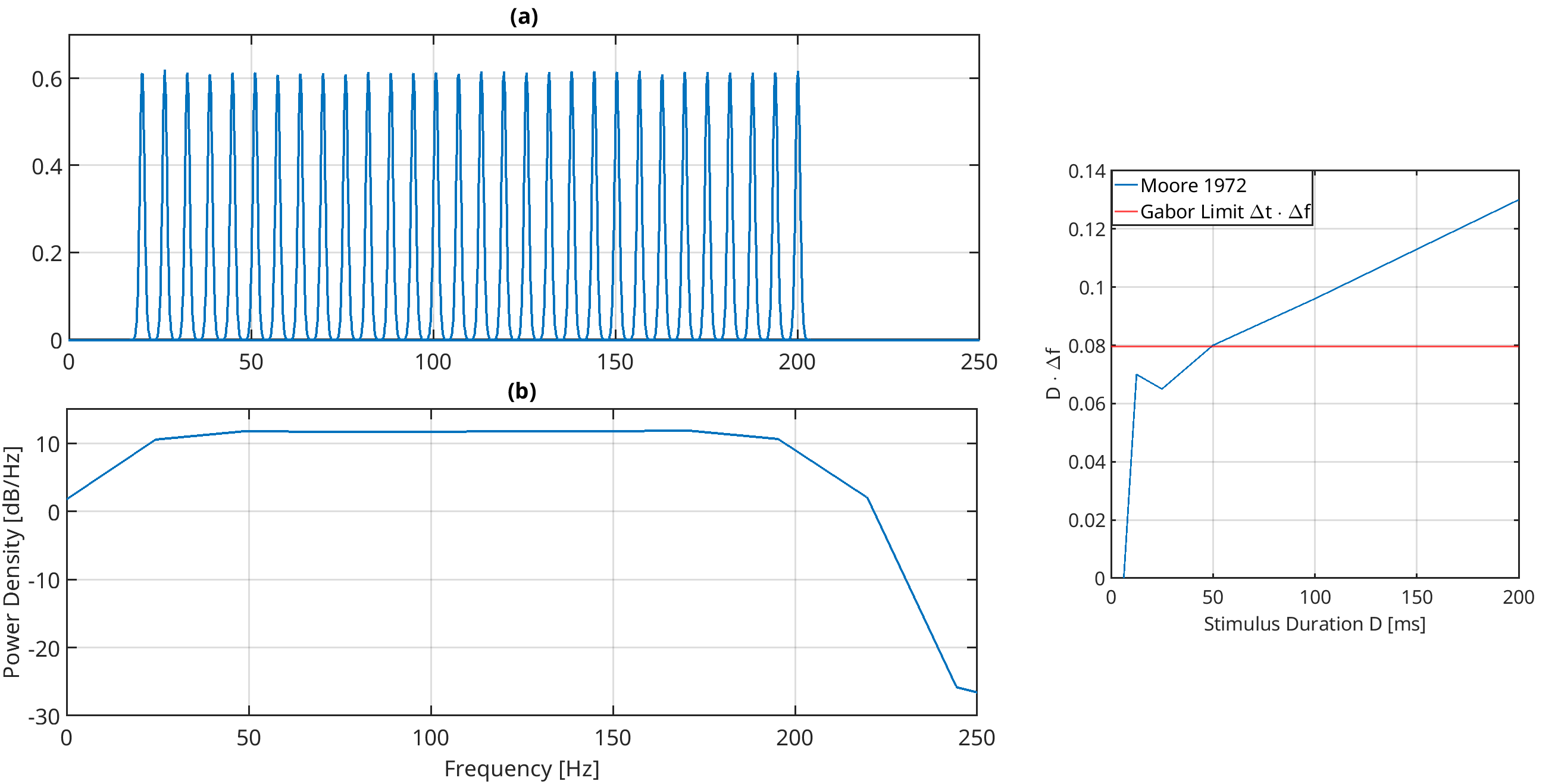
Welcome!
In 2000, the Signal Processing and Speech Communication Laboratory (SPSC Lab) of Graz University of Technology (TU Graz) was founded as a research and education center in nonlinear signal processing and computational intelligence, algorithm engineering, as well as circuits & systems modeling and design. It covers applications in wireless communications, speech/audio communication, and telecommunications.
If you want to learn more about Signal Processing, click: What is Signal Processing?
The Research of SPSC Lab addresses fundamental and applied research problems in five scientific areas:
- Audio and Acoustics
- Intelligent Systems
- Nonlinear Signal Processing
- Speech Communication
- Wireless Communications
Profiles
Result of the Month
Chaos in the Ear

It is known that the human auditory system contains Outer Hair Cells (OHCs), which can be modeled as nonlinear oscillators. Further, it has a remarkable time-frequency resolution (Moore, 1973), with lower time-frequency resolution products below the Gabor limit (right figure). We show that this time-frequency resolution can be achieved with a Stuart-Landau Oscillator (SLO) that exhibits a subcritical Hopf bifurcation.
Read the full article.Contact: Sebastian Handel


